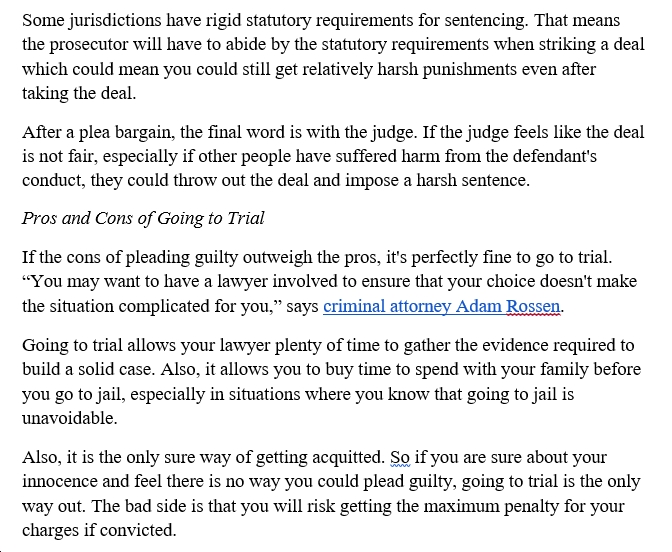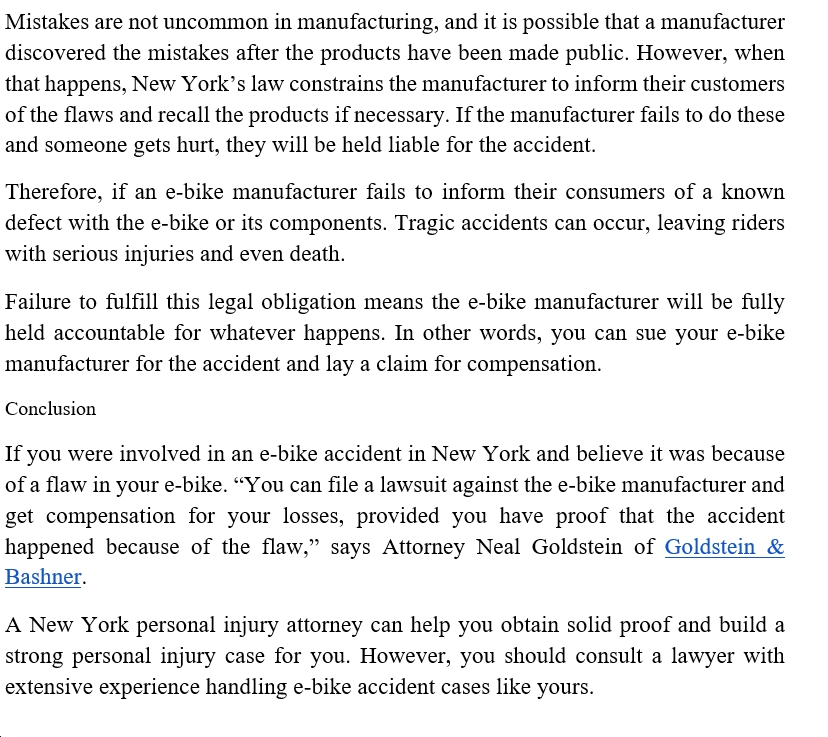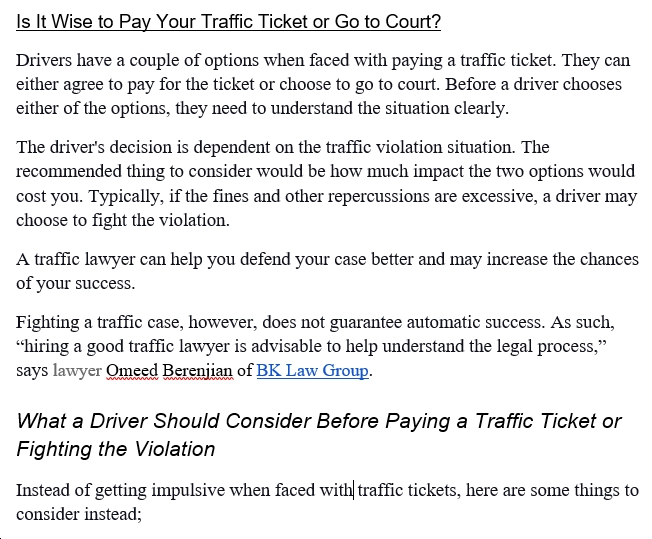SPONSORED CONTENT
The US Department of Justice (DOJ) is being sued by the State of Illinois for its failure to pay out roughly $6.5 million in grant funding to law enforcement agencies across the state. Though the DOJ has not formally refused to issue those payments, all other states that applied to the grant program in question have received their funding. Only Illinois has not.
The Illinois Attorney General believes that the DOJ is withholding those funds because of a law that was passed by the Illinois legislature in 2017 called “The Trust Act”. The purpose of the law is to encourage individuals who are in the country illegally to cooperate with law enforcement by banning law enforcement from detaining an individual solely because of their immigration status. The idea is that undocumented immigrants will be willing to provide information to law enforcement if they know they cannot be detained because of their status.
“The current climate in the US as it relates to immigrants – whether in the country legally or undocumented – is such that laws like The Trust Act are necessary to ensure that the basic idea of law enforcement’s ‘protect and serve’ motto can be relied upon,” said Mario A. Godoy, an Illinois Immigration Attorney with the Godoy Law Office in Chicago.
The Attorney General’s suit is based upon the fact that, even though funding has not been denied, communication with the Department of Justice has focused on the type of direction that has been provided to local law enforcement as it relates to the Trust Act. The DOJ believes that the Act violates federal law by limiting what law enforcement tells federal agencies like Immigration and Customs Enforcement (ICE). However, the Act explicitly states that it is not a ban on communication between local and federal law enforcement.
Chicago recently prevailed in a suit against the DOJ over its status as a sanctuary city. Sanctuary cities limit their cooperation with the federal government in the enforcement of immigration laws in order to foster trust among residents and law enforcement. The city sued the DOJ over the same grant funding and won. The ruling stated that the DOJ did not have the authority to use the threat of withholding federal funds as a way to force a city to carry out its bidding; that only Congress had the “power of the purse”. As the facts in the two cases are similar, it is likely that Illinois will prevail.
Ultimately, until immigration reform is addressed in a meaningful and compassionate manner, the federal government, the states, and municipalities will continue to be at odds over the proper manner to address undocumented immigrants. In the meantime, however, states like Illinois will likely be faced with ongoing legal battles to protect the rights of their citizens.

















